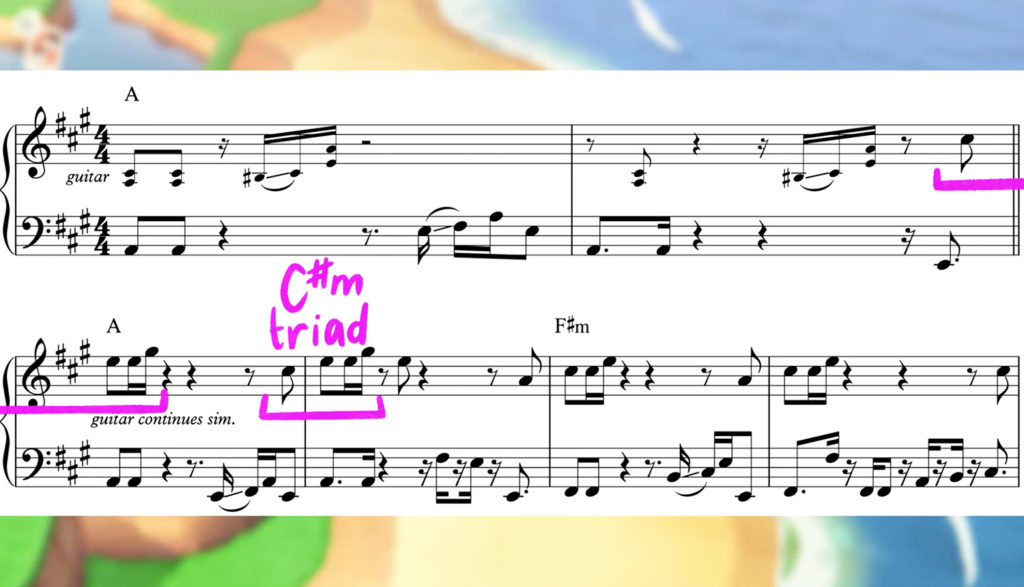
My interest in music wasn’t sparked when I learned how to play “Hot Cross Buns” on the recorder in third grade. It didn’t come from learning “Ode to Joy” on the harmonica in fourth. And it certainly didn’t spark when I played “Twinkle Twinkle, Little Star” on the trombone in fifth. In fact, when I realized I wanted to learn more about music, I wasn’t playing an instrument at all.
I was listening to a television soundtrack.
It was Michael Giacchino’s song “Locke’d Out Again,” once of his many pieces he composed for the hit TV show Lost. I felt it again when I first heard Koji Kondo’s “Bom-Omb Battlefield” from Super Mario 64. And again, when I heard John Williams’ “Theme from Jurassic Park” from, well, Jurassic Park.
Each of these pieces made me feel something—mourning, joy, optimism. And, unlike with “Hot Cross Buns,” I had been exposed to the music almost accidentally. I had wanted to play the video game, or I had wanted to watch the TV show or movie. And because of my interest in the media, I was likewise interested in its music.
In our world full of entertainment, that’s the story of a lot of aspiring musicians who were initially inspired by the music of the Hans Zimmers and Koji Kandos of the world and decided that they wanted to learn how to make music like that, too.
That’s the audience 8-bit Music Theory aims toward. The channel focuses on using the soundtracks from a variety of popular video games in order to talk about the language of music. “Why Does Mario Music Sound Fun?” One video asks. “How Creative Limitations Shaped Ocarina of Time’s Best Music” another reads.
By the end of a given video, you might even feel that all that time you spent playing Legend of Zelda just might help you towards a music major.
While many of the things 8-bit Music Theory discusses may require a bit of musical knowledge to grasp, viewers who stick around long enough will certainly learn a thing or two about how memorable music is written, and the musical reasons as to why certain pieces make us feel the way we do.
Likewise, even if you aren’t interested in obtaining a music degree, the channel will certainly help you to listen more intently to the soundtrack in the next game you play, helping you to appreciate it more.
The channel’s most popular video, “Odd Time Signatures in Video Game Music,” contains a use of “a–.” In “Musical Evolution in the Civilization VI Soundtrack,” we hear a use of the s-word. We also see “wtf” written in another video.
Some games the channel takes clips from might not be ones that parents want their youngest children watching, such as the combat-oriented Bioshock and Dark Souls games.
8-bit Music Theory can feel like a college music course in itself, at times diving deep into the mathematical language behind composition. Other times, however, its videos simply praise well-written music and help you to enjoy the work that went into its orchestration. While the very occasional swear muddies this composition, 8-bit Music Theory offers a deep dive into the world of video game music that just might get you tapping your foot as you listen.

Kennedy Unthank studied journalism at the University of Missouri. He knew he wanted to write for a living when he won a contest for “best fantasy story” while in the 4th grade. What he didn’t know at the time, however, was that he was the only person to submit a story. Regardless, the seed was planted. Kennedy collects and plays board games in his free time, and he loves to talk about biblical apologetics. He thinks the ending of Lost “wasn’t that bad.”